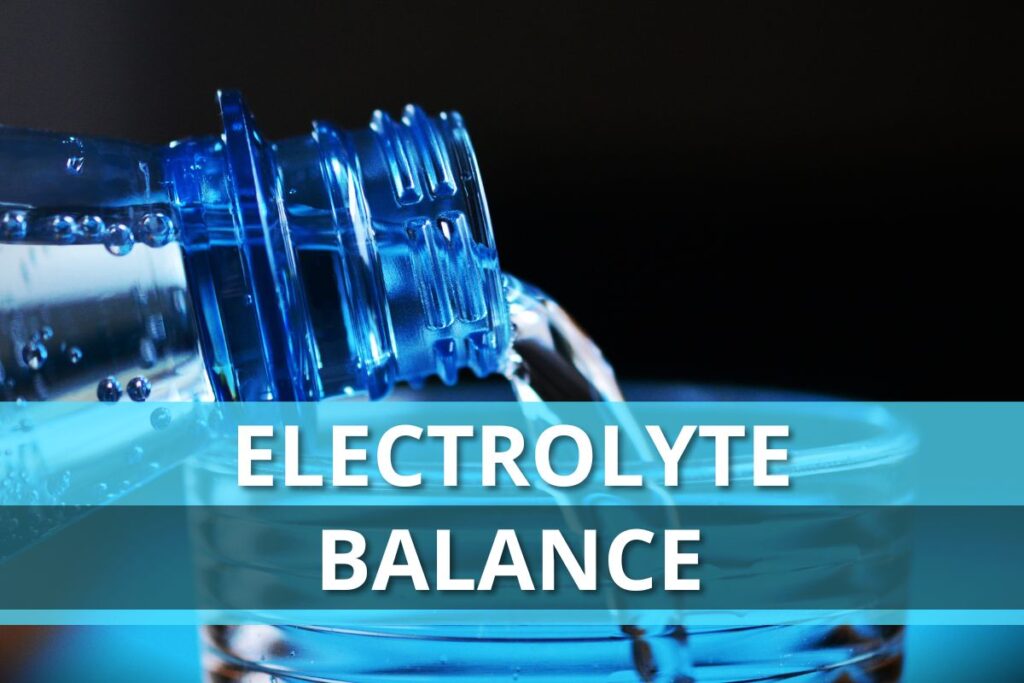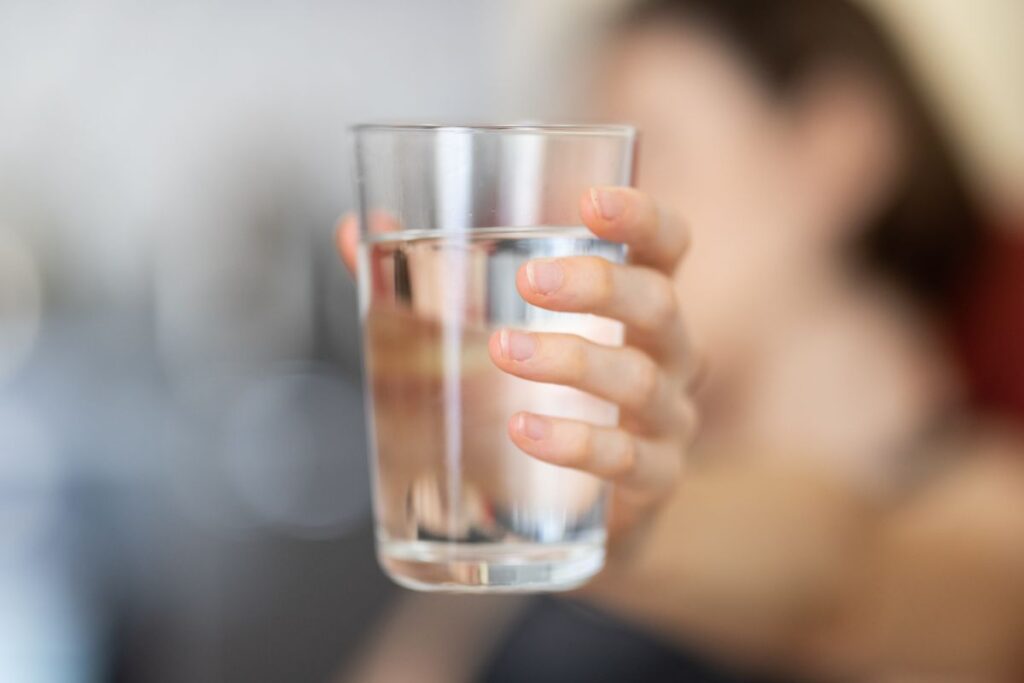Electrolyte Balance
Author:
Unlock your full potential by engaging with our experts and community! Have questions about your fitness journey or looking for expert advice on weightlifting techniques? Don’t hesitate — leave a comment below and Sergii Putsov will provide a personalized answer and insights to help you reach your goals.
Torokhtiy is reader-supported. Some links are affiliate links, and we may earn a commission at no extra cost to you. See our disclosure page for details.

Everyone talks about vitamins, but for some reason people forget about other important substances that our body constantly needs for its proper functioning. First of all, athletes should pay attention to electrolyte status.
Every day we consume about 1 kg or even more of various products, we try to drink water and other drinks. We do this for our body to work properly and maintain health at any time during any activity. With food we do not only get macronutrients such as proteins, fats and carbohydrates, but also micronutrients – vitamins, minerals and fiber.
Electrolytes are substances that regulate our water balance first of all. These include potassium, sodium, magnesium, chlorine, phosphorus, calcium and others.
Thanks to them, nerve impulses are transmitted correctly from the heart, blood pH is regulated, muscle contractions occur, water-electrolyte balance is maintained, tissues are built and restored. When the imbalance of such substances occur, there are too many or not enough of them. This can be facilitated by such states as dehydration, urinary system disorders, eating disorders and intake of some medication.
You may like it:
It is very important for an athlete to control and receive them with food or water, since the deficiency or surplus of these nutrients can cause:
- muscle weakness;
- convulsions;
- muscle soreness;
- thirst;
- chronic fatigue;
- headache;
- heart palpitations or even cardiac arrest;
- change in blood pressure;
Prolonged exposure to such conditions results in impaired bone density and osteoporosis.

In order to sufficiently provide the body with such substances, it is necessary to follow several rules:
- Eat food that contains the following substances: spinach, avocado, broccoli, almonds, tomatoes, bananas, watermelon, strawberries, oranges, fish of fatty varieties, turkey, Brazil nuts, greens.
- Drink sufficient amounts of water for you and do not exaggerate as too much water leads to a decrease in electrolytes.
- Control salt intake, especially when it comes to processed, refined, semi-finished products and snacks. Do not exaggerate with salt, it is better to add it afterwards if needed.
- If the training activity is high and long-lasting, it is necessary to use drinks that contain electrolytes. Pay attention to the drugs that you use and be sure to consult your doctor about their effect on your electrolyte status.
- Avoid or reduce the sugar and sugar-containing products consumption.
- Pay attention to the water balance in the hot season and try not to exercise without water, especially if you sweat too much.
- With the development of the above symptoms you may need additional minerals, but it is better if a doctor prescribes them for you.
- Remember that with alcohol the body loses not only water soluble vitamins, but the water-electrolyte imbalance also occurs. Therefore, try not to get involved in what brings no benefit.
Electrolytes are important components of the whole body and cardiovascular and musculoskeletal systems proper functioning, but they also contribute to successful training, restoration and injury prevention.
Train together – train right
Alsp read:
Why Trust Us?
With over 20 years in Olympic weightlifting, strength training, nutrition coaching, and general fitness our team does its best to provide the audience with ultimate support and meet the needs and requirements of advanced athletes and professional lifters, as well as people who strive to open new opportunities and develop their physical capabilities with us.
By trusting the recommendations of our certified experts in coaching, nutrition, and sports training programming, as well as scientific consultants, and physiotherapists, we provide you with thorough, well-considered, and scientifically proven content. All the information given in the articles concerning workout programming, separate exercises, and athletic performance, in general, is based on verified data.
The product testing process is described in more detail here.
Author: Sergii Putsov
Head of Sport Science, PhD
Best Results: Snatch – 165 kg,
C&J – 200 kg
Sergii Putsov, Ph.D., is a former professional weightlifter and National team member, achieving multiple medals in the 94 kg weight category at national competitions. With a Master’s degree in “Olympic & Professional Sport Training” and a Sport Science Ph.D. from the International Olympic Academy, Greece, Sergii now leads as the Head of Sport Science. He specializes in designing training programs, writing insightful blog articles, providing live commentary at international weightlifting events, and conducting educational seminars worldwide alongside Olympic weightlifting expert Oleksiy Torokhtiy.




Still have questions after reading our article? Unlock your full potential by engaging with our experts and community! Don’t hesitate — leave a comment below and Sergii Putsov will provide a personalized answer and insights to help you reach your goals.